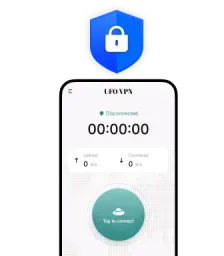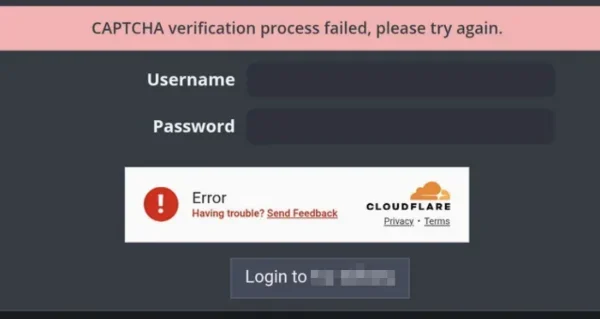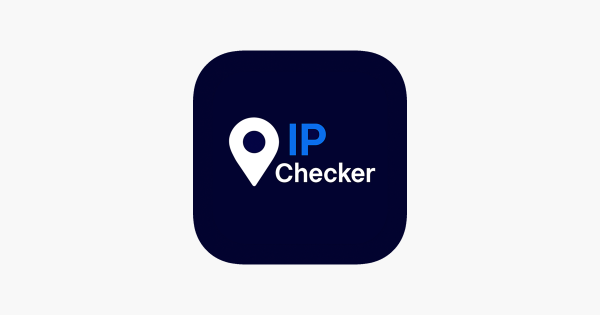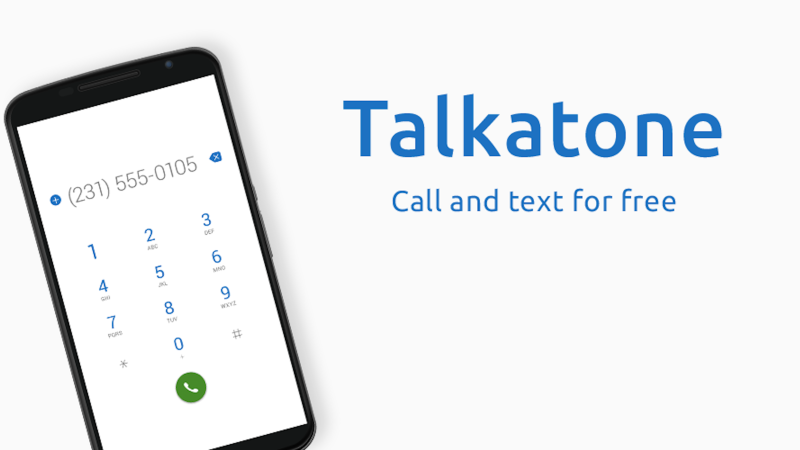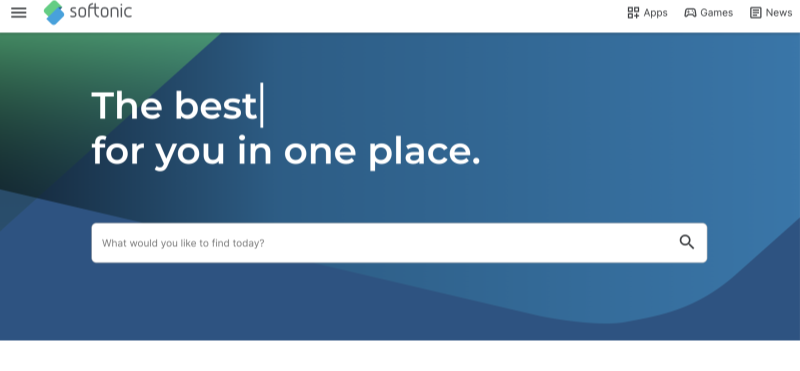Understanding VPN Log Policies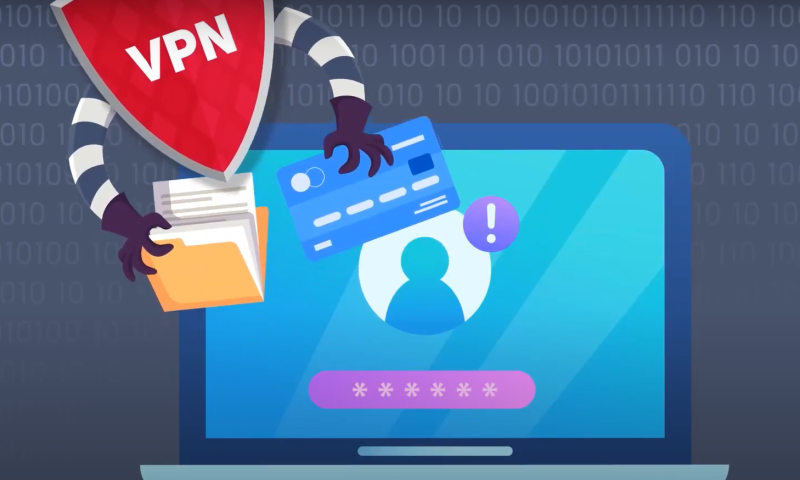
A VPN Log Policy defines what data a Virtual Private Network provider collects, stores, and shares about your online activities. While some providers maintain detailed logs that can include connection timestamps, IP addresses, and bandwidth usage, others adhere to strict no-log policies, ensuring that minimal user data is stored. This fundamental difference can significantly impact your digital privacy.
Types of Logs Collected
VPN providers may record several types of logs, including:
- Connection Logs: Data such as connection timestamps, session durations, and the VPN server locations you connect to.
- Usage Logs: Detailed records of the websites you visit, protocols used, and even data volumes transmitted.
- Diagnostic Logs: Information intended solely for troubleshooting and performance monitoring, which may include error messages and system configurations.
Each of these logging practices directly influences the level of anonymity you maintain while using the service. A provider with a lax VPN Log Policy might expose you to risks if their records are accessed by third parties.
Why a Clear VPN Log Policy Matters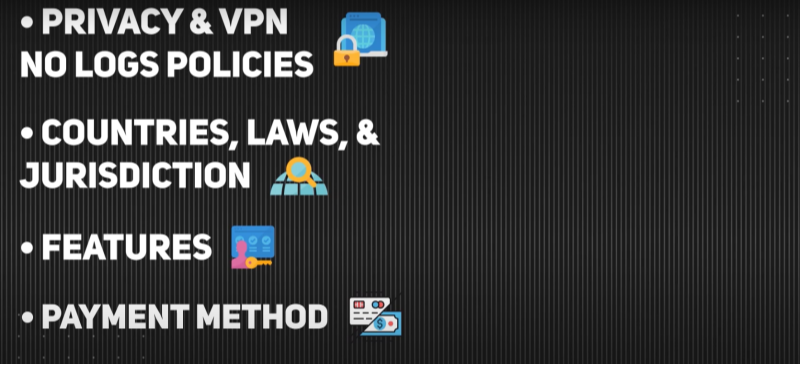
Privacy is a paramount concern in today’s interconnected world. A transparent and stringent VPN Log Policy is not just about avoiding surveillance—it’s about ensuring that your digital identity remains secure.
Impact on User Privacy
- Data Protection: The less data stored, the lower the risk of sensitive information being compromised during a data breach.
- Anonymity: A robust no-logs approach makes it nearly impossible for anyone—be it hackers, government agencies, or even the VPN provider—to reconstruct your online activities.
- Legal Implications: Some jurisdictions require VPN providers to comply with data retention laws, which might force them to store certain logs. Choosing a provider with a clear, no-logs policy minimizes potential legal exposure.
When a provider commits to a strict VPN Log Policy, users can trust that their browsing history, personal communications, and online transactions remain confidential.
Exploring VPN Logging Risks
Despite the apparent advantages of VPNs, not all services are created equal. VPN logging risks can arise from various practices employed by different providers, potentially compromising your security.
Common Risks Include:
- Data Breaches: Stored logs can be a target for hackers. If a provider’s servers are compromised, your personal data might be exposed.
- Legal Demands: In some countries, authorities can compel VPN companies to hand over user logs, which may be used to track down users for various reasons.
- Surveillance: Even when VPN logs are minimal, they can sometimes be correlated with other data points to build a profile of your online activities.
The potential fallout from these risks underscores the importance of carefully reviewing a provider’s VPN Log Policy before entrusting them with your privacy.
Real-World Implications
Instances of data breaches and legal demands have raised serious concerns among users. For example, if a provider with poor log management practices experiences a breach, the leaked data could expose sensitive personal information. Similarly, in countries with aggressive surveillance policies, even minimal logs might be sufficient for authorities to piece together a user’s activity.
How Providers Implement VPN Log Policies
Understanding how various VPN providers implement their VPN Log Policy is essential for making an informed decision. Providers typically outline their practices in the privacy policy or terms of service, but the level of transparency can vary significantly.
Best Practices in Log Management
- No-Logs Policies: The gold standard for privacy. Providers who commit to a no-logs policy ensure that no user data is stored beyond the immediate need for establishing a connection.
- Minimal Logging: Some providers retain only the bare minimum required for network management, such as connection timestamps and bandwidth usage, which are less intrusive.
- Third-Party Audits: Reputable VPN services often subject their logging practices to independent audits to verify compliance with their declared policies.
Variations Among Providers
Not every VPN provider follows the same approach. While some boast about their strict no-log policies, others may log more data for business or legal reasons. It’s crucial to scrutinize the details:
- Detailed Disclosure: Look for providers that clearly list what data is recorded, how long it is retained, and under what circumstances it may be shared.
- Legal Jurisdiction: The country in which the VPN provider is based can affect its logging practices due to local data retention laws.
A transparent VPN Log Policy not only reassures users but also builds trust, which is a fundamental pillar in the relationship between a VPN provider and its users.
The Evolution of VPN Logging Practices
VPN logging practices have undergone significant changes over the past decade, driven by evolving technology and increasing concerns about privacy.
Historical Perspective
In the early days of VPN technology, logging was a standard practice for most providers, primarily for troubleshooting and network optimization. However, as cyber threats increased and privacy concerns became more prominent, a shift towards stricter logging policies emerged.
Technological Advancements
Advancements in encryption and anonymization have enabled providers to offer robust services without compromising user privacy. Modern VPNs now have the technological capability to operate efficiently with minimal or no logging, providing users with a high degree of security and anonymity.
Regulatory Influences
The global regulatory landscape has also influenced VPN logging practices. In regions with stringent data protection laws, providers are often legally compelled to adopt more rigorous privacy standards. Conversely, in jurisdictions with less restrictive laws, the temptation to collect user data for commercial purposes remains higher. This divergence makes it even more important for users to understand the specific VPN Log Policy of any service they consider.
Case Study: Best free VPN no-logs
One provider that has gained considerable attention for its commitment to user privacy is UFO VPN. Their strict adherence to a no-logs policy—often referred to as UFO VPN no-logs—is a testament to their dedication to protecting user data.
What Sets UFO VPN Apart?
- Strict No-Logs Approach: UFO VPN explicitly states that it does not store any connection or usage logs, ensuring that your digital footprint remains untraceable.
- Independent Audits: UFO VPN regularly undergoes independent security audits to validate its privacy claims, reinforcing the trust users place in their service.
- User-Centric Design: The service is designed with the end-user in mind, offering an intuitive interface and robust security protocols without sacrificing speed or performance.
For anyone who prioritizes privacy, UFO VPN presents a compelling option. With its clear no-logs policy and commitment to transparency, UFO VPN is a standout choice in a crowded market. If you’re looking for a reliable VPN that truly values your privacy, consider checking out UFO VPN for a service that puts your security first.
Choosing a VPN with a Robust Log Policy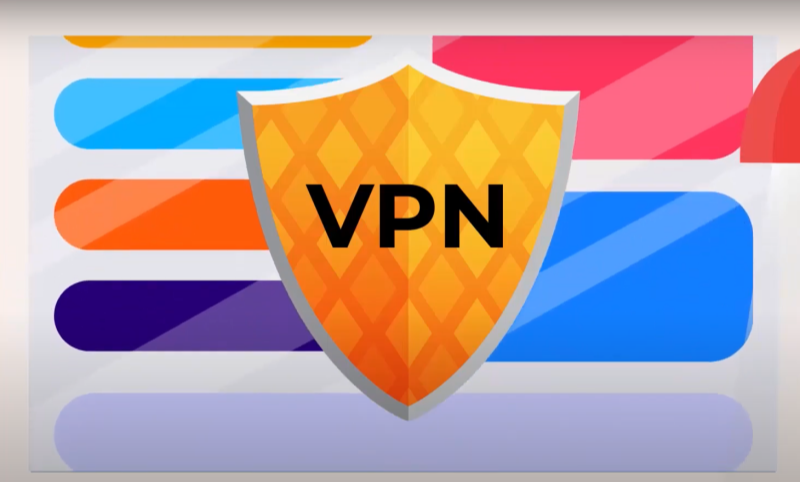
Selecting the right VPN is more than just picking a service with the fastest speeds. It involves a detailed analysis of the provider’s VPN Log Policy and an understanding of how that policy impacts your privacy.
Key Considerations
-
Transparency:
- Look for clear, unambiguous statements about what data is logged.
- A detailed privacy policy is a good sign of transparency.
-
Jurisdiction:
- Consider the legal environment in which the VPN provider operates.
- Providers based in privacy-friendly jurisdictions are generally preferable.
-
Independent Audits:
- Verify if the provider undergoes regular independent audits to validate their claims.
- Third-party validation adds an extra layer of trust.
-
User Feedback:
- Research user reviews and testimonials regarding the provider’s logging practices.
- Positive feedback from the community can be a strong indicator of reliability.
-
Additional Security Features:
- Assess other security measures like encryption standards, kill switches, and DNS leak protection.
- These features complement the VPN Log Policy and contribute to overall safety.
Evaluating the Fine Print
When reviewing the fine print of any VPN service, pay special attention to sections that describe log retention and data sharing policies. Even subtle differences in wording can indicate significant variations in how your data is managed. A reputable provider will outline their VPN Log Policy in clear, accessible language that leaves no room for ambiguity.
By taking these factors into account, you can ensure that you select a VPN that not only meets your performance needs but also upholds the highest standards of user privacy.
Pro Tips
UFO VPN prioritizes your privacy by blocking ISPs, advertisers, and cybercriminals from harvesting data about your device or habits. Recognized as the best VPN for PC and best VPN for Mac, its advanced encryption anonymizes your connection, ensuring activities like visiting onion sites never reveal your hardware specs, browser fingerprints, or real IP address.
With one-click activation, UFO VPN simplifies security—no technical expertise needed. Start shielding your data by using best VPN for PC and browse with uncompromised confidence.
Frequently Asked Questions (FAQ)
1. What is a VPN Log Policy?
A VPN Log Policy defines what types of data a VPN service collects and stores during your online sessions. This can range from connection logs (e.g., timestamps and server locations) to usage logs (e.g., websites visited and data transmitted). Providers with strict no-logs policies ensure that no user data is recorded beyond what is necessary for service functionality.
2. Why are VPN logs important for privacy?
VPN logs can provide a detailed record of your online activities. If these logs fall into the wrong hands—whether through a data breach or legal compulsion—they can compromise your anonymity. Therefore, a clear and strict VPN Log Policy is crucial for protecting your personal information and maintaining your privacy online.
3. What are the main VPN logging risks?
The primary risks include data breaches, legal demands for data, and potential surveillance. When VPN logs are stored and later accessed by unauthorized parties, your sensitive information could be exposed. These risks emphasize the importance of selecting a provider with robust logging practices, such as a strict no-logs policy.
4. How does a no-logs policy work?
A no-logs policy means that the VPN provider does not store any records of your connection or usage data. This approach minimizes the amount of information that could potentially be accessed or misused, thereby enhancing your overall online privacy.
5. Can I trust all VPN providers claiming to have a no-logs policy?
Not all claims are equal. It’s important to look for providers that offer transparency through independent audits and clear privacy policies. Researching user feedback and understanding the jurisdiction under which the provider operates can help verify their claims.
6. What makes UFO VPN stand out in terms of privacy?
UFO VPN is recognized for its rigorous commitment to privacy through its strict no-logs policy, often referred to as . The service undergoes independent audits and is designed with user privacy as a top priority. This makes it an excellent choice for those who want to ensure that their online activities remain private. For more information, visit UFO VPN.
7. How do legal jurisdictions affect a VPN Log Policy?
Different countries have different regulations regarding data retention and privacy. Providers based in jurisdictions with strong privacy laws are less likely to be compelled to store user data. Therefore, the legal jurisdiction of a VPN provider is a crucial factor when evaluating its VPN Log Policy.
Conclusion
A comprehensive understanding of your VPN Log Policy is vital in today’s digital era. With privacy concerns at an all-time high, the way a VPN provider handles your data can make all the difference in maintaining your anonymity and security online. Whether you’re worried about VPN logging risks or are simply seeking a provider that offers robust privacy protections, it pays to thoroughly research and understand the nuances of each provider’s policies.
For those in search of a reliable and transparent service, UFO VPN no-logs stands out as a prime example of how a provider can successfully balance performance with privacy. Their commitment to a strict no-logs policy, along with independent audits and a user-centric design, positions them as a trustworthy choice in an industry where trust is paramount. Remember, the key to online security begins with understanding the policies that govern your digital interactions. By staying informed and choosing providers that prioritize your privacy, you can navigate the digital world with confidence and peace of mind.

